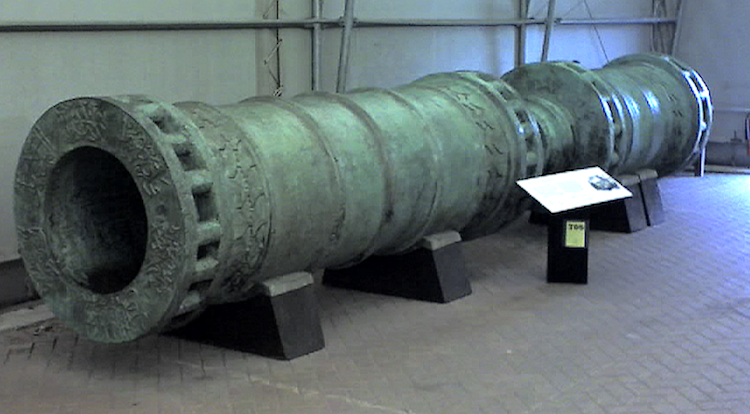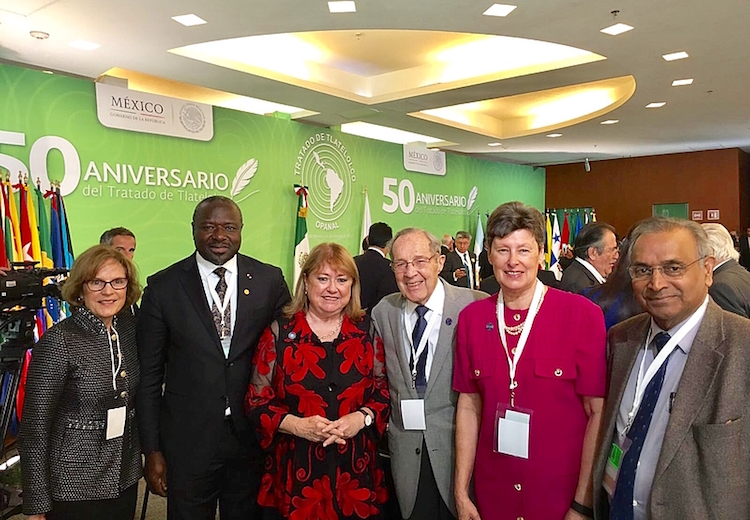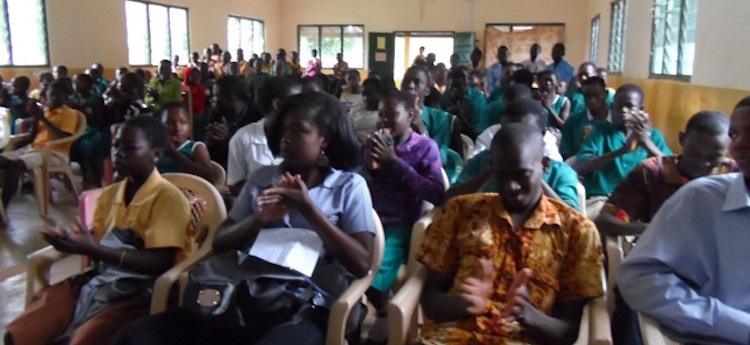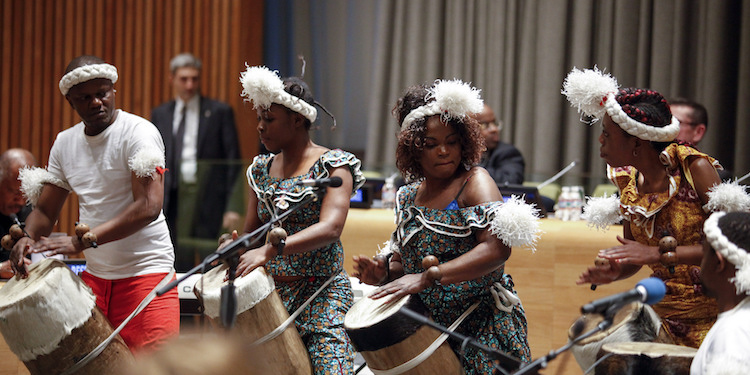Interview with Cristina Gallach, UN Under-Secretary-General for Communications and Public Information
NEW YORK (IDN) – Representatives of non-governmental organizations (NGOs) and academia adopted a global education action agenda affirming the importance of Sustainable Development Goal 4 – ensuring inclusive and equitable quality education and promoting lifelong opportunities for all – at the 66th United Nations Department of Public Information (DPI) / NGO Conference that concluded on June 1, 2016 in Gyeongju, South Korea.
What has happened since? What role are youth groups playing in the second year of implementation of Sustainable Development Goals (SDGs) endorsed by the international community in September 2015? Will there be a DPI / NGO conference in 2017 despite a new Secretary-General and management team taking office in January? What does it mean serving as Under-Secretary-General for Communications and Public Information at the United Nations?





 KANDY, Sri Lanka (IDN) – The commemoration of the Fiftieth Anniversary of the signature of the
KANDY, Sri Lanka (IDN) – The commemoration of the Fiftieth Anniversary of the signature of the 



